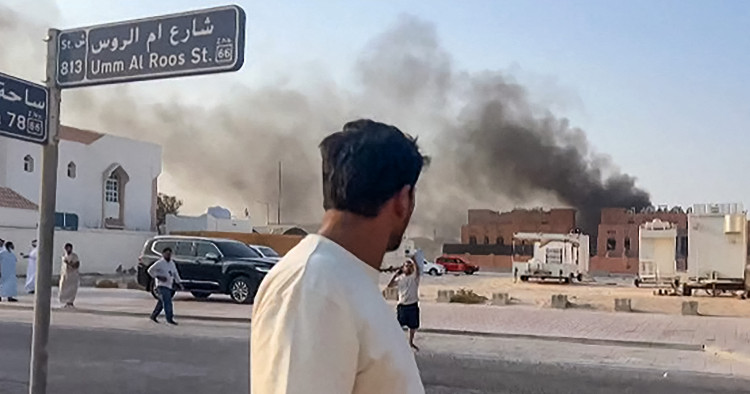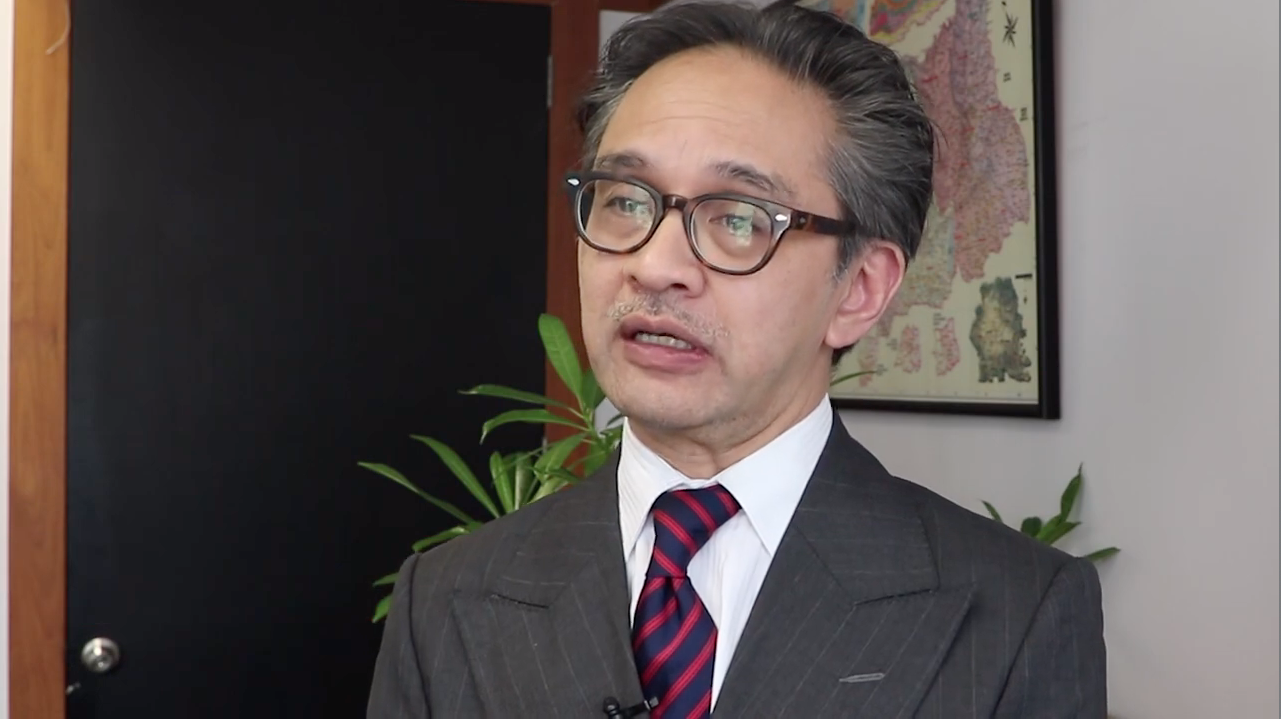On September 9, 2025, Israel launched an airstrike in Doha, Qatar, targeting Hamas leaders who were reportedly meeting to discuss a ceasefire. This marked the first Israeli attack on Qatari soil, a significant escalation in the regional conflict. Israel said the strike was a precise military operation aimed at militants linked to the attack at Ramot Junction, which left six Israelis dead. Qatar condemned the strike, calling it a violation of its sovereignty and international law. The incident has far-reaching consequences beyond immediate security concerns, affecting regional diplomacy, economic stability, and financial markets.
The strike in Doha challenges the established diplomatic balance in the Gulf region. Qatar has played a key role in mediating between Hamas and other regional actors. It hosts offices of Hamas leadership and has been part of ceasefire negotiations. Israel’s decision to target Hamas leaders in Qatar signals a shift toward more aggressive tactics that risk undermining ongoing diplomatic efforts. The move complicates Qatar’s position and raises questions about the security of diplomatic channels in conflict resolution.
Qatar responded by calling for a collective Gulf reaction to the attack, highlighting concerns over regional stability. Gulf Cooperation Council (GCC) countries, including Saudi Arabia, the UAE, and Bahrain, maintain varying degrees of cooperation and competition with Qatar. The strike has tested these relationships and pushed Gulf states to reconsider their strategies. Some states may support Qatar’s call for unity against external aggression, while others might view the incident as an opportunity to reassess their ties with both Israel and Qatar. This incident highlights the fragile alliances in the Gulf and the challenge of balancing security with diplomatic cooperation.
Financial markets reacted immediately. Oil prices rose sharply after the attack, with Brent crude jumping over 8 percent to exceed $95 per barrel. Qatar is one of the world’s largest producers and exporters of liquefied natural gas (LNG), supplying about 20 percent of global LNG demand. Disruptions to Qatar’s energy exports pose a significant risk to global energy security and markets. Traders responded to the attack by pricing in potential supply interruptions, which in turn pushed prices higher. This volatility increases costs for energy-importing countries, which may translate into higher prices for consumers worldwide.
The broader energy sector faces uncertainty. Qatar’s LNG exports flow through complex global supply chains and contracts. Political instability or threats to infrastructure could disrupt shipments. Such disruptions would have ripple effects across Asia, Europe, and other regions dependent on Qatar’s gas. Energy-importing countries might accelerate efforts to diversify suppliers, invest in alternative energy sources, or increase stockpiles. Meanwhile, energy-exporting nations might find shifting demand patterns challenging. This incident underscores how geopolitical conflicts directly impact energy markets and economic planning.
Qatar’s banking sector also faces pressures. The country’s financial institutions have shown steady growth, with public sector loans increasing by 4.5 percent year-to-date as of mid-2025. However, heightened regional tensions raise concerns about credit risk and investor confidence. Banks linked to sectors vulnerable to geopolitical risk, such as energy and infrastructure, may face increased scrutiny. Potential sanctions, trade restrictions, or retaliatory measures could strain liquidity and slow economic activity. Investors may demand higher risk premiums or reduce exposure to Gulf markets. Financial regulators will need to monitor developments closely and prepare for potential shocks.
Foreign direct investment (FDI) flows into Qatar and the Gulf may be affected. Stability is a key consideration for investors in infrastructure, real estate, and finance. Heightened geopolitical risk could delay projects or increase financing costs. Regional governments might prioritize defense spending over economic development, redirecting resources away from growth initiatives. This could slow economic diversification efforts, which Gulf states have pursued to reduce reliance on hydrocarbons. The incident illustrates the direct link between security events and economic policy choices.
International reactions add complexity. The United States, traditionally a key player in Gulf security, has expressed concern over the escalation but supports Israel’s right to defend itself. Russia condemned the strike as a violation of international law, signaling competing geopolitical interests in the region. The United Nations called for restraint and renewed diplomatic efforts. These differing responses illustrate the geopolitical competition that shapes Middle Eastern conflicts. The Doha strike deepens fault lines between major powers, which affects regional diplomacy and economic cooperation.
The incident also impacts regional trade corridors and connectivity projects. Qatar’s role as a logistics hub and gateway for Gulf trade depends on stable security conditions. Increased tensions could disrupt shipping routes or delay infrastructure investments, including ports, rail, and road networks. This would have knock-on effects on trade flows within the GCC and with external partners. The Gulf states’ ambitions to integrate their economies hinge on political stability. Events like the Doha airstrike highlight the risks to regional integration.
Looking ahead, the Israeli strike on Doha may encourage Middle Eastern states to reassess their diplomatic and economic strategies. Countries may seek to strengthen their own security measures, diversify alliances, and reduce vulnerabilities. Gulf states could enhance cooperation on intelligence sharing and counterterrorism to prevent similar attacks on their soil. They might also increase diplomatic engagement with both Western and Eastern powers to balance interests and avoid further escalation.
The attack underscores the interconnectedness of security and economics in the Middle East. It illustrates how military actions ripple through financial markets, energy supplies, and diplomatic relations. For businesses and policymakers, understanding these dynamics is essential for managing risk and maintaining stability. The Doha strike serves as a reminder that regional conflicts have immediate and tangible impacts beyond their borders.
In summary, the Israeli airstrike in Doha represents a significant shift in the regional conflict dynamic with multiple consequences. It challenges diplomatic efforts, heightens regional tensions, disrupts energy markets, and pressures financial systems. Gulf states face a complex environment where security and economic priorities must be balanced carefully. The global community’s responses will shape the future trajectory of this volatile region. The incident reinforces the need for coordinated diplomatic initiatives and robust risk management in an interconnected world.



